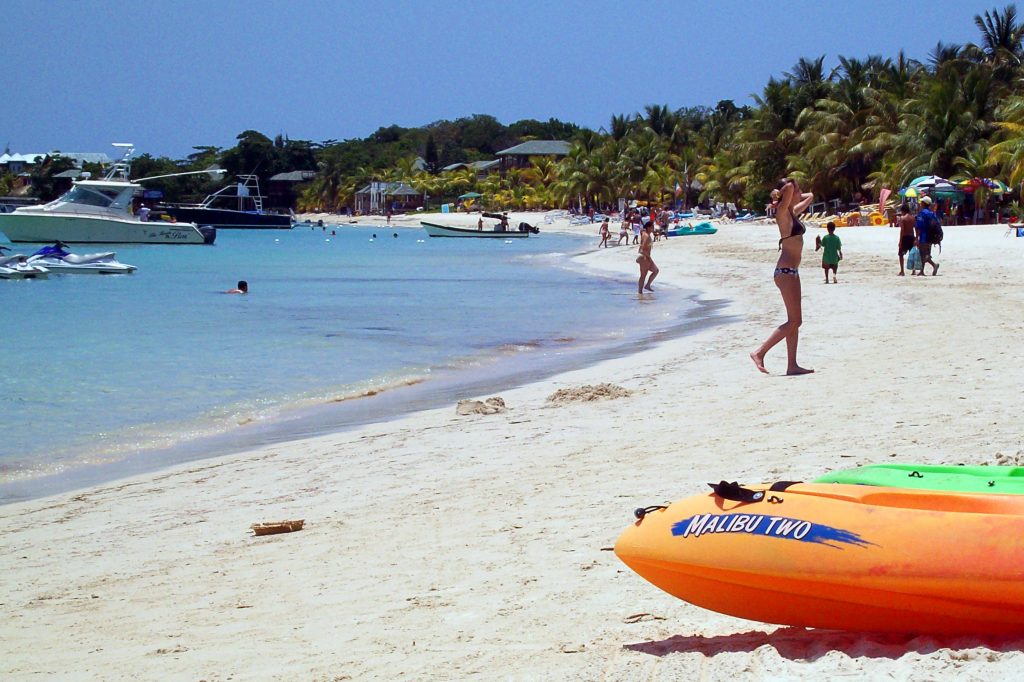Civil society groups from the Bay Islands, one of the well-known tourist destinations in Honduras, have also asked Congress to revise the Tourism Promotion Law that was discussed yesterday in its first round of debate and will again be submitted to floor for approval.
The former mayor of Roatan, Rep. Jerry Hynds told the radio media that Congress will hear all positions regarding the legislation and that they will decide based on that.
Through the arrival of cruise ships, the tourism industry contributes $80 million each year to the municipality of Roatan, according to the Honduran Institute of Tourism.
This legislative initiative goes hand in hand with the 20/20 Plan that promises to increase job growth which, in Roatan’s case, would be via the tourism industry, a sector that according to the proposed bill has not yet been fully developed in Honduras.
“We believe that one of the most harmful articles of the bill allows for tourist projects to be developed regardless of whether it’s a protected area, natural reserve, cultural heritage site, etc. As in: 1. Protected Areas; Biological Reserves, National Parks, Wildlife Refuges, Natural Reserves, 2. Sites or monuments that are part of National Heritage and of Tourist and Cultural Interest; such as National and Historical Monuments, Museums, Municipal Parks, Archaeological Sites and Public Roads, 3. Historical Preservation Sets; Special Tourism Planning and Development Sites (Development Zones Identified within the National Strategy for Sustainable Tourism.) Regardless of the communities and people who inhabit them, which will generate conflicts such as those that have been going on due to the granting of concessions to “exploitation” of natural resources.”
Areas with more restricted uses have also been included, such as biological reserves and special lands (protected areas, micro-basins, etc.); An open letter sent from Roatán yesterday to Congress begins, “not having differentiated certain zones from others,” and calls for abolishing articles 16, 22 and 25 that deal with territorial control.
“Article 16 [of the proposed bill] – which violates Article 103 of the Constitution – is totally detrimental to the collective interest. It establishes that the only limitations to property will be given on the grounds of need or public interest. This article intends to disguise procedures of forced expropriation as being of public interest with “control measures to avoid actions around the dominion and possession of land.” Furthermore, it empowers the executive branch for procedures that belong to the sovereign National Congress, the sole body authorized to restrict or suspend rights.”
“Article 22 is a violation of sovereignty and the existing law of territorial order, granting the sole authority to the Honduran Institute of Tourism to determine the carrying capacity, height of buildings, beach boundary lines, etc., in addition to the approval of territorial planning,” states the open letter, adding that article 23 in paragraph 4 seeks to abolish an agreement that was agreed upon by authorities and civil society in Roatan and is not being consulted to carry out this action.
Civil society members from Roatan delivered the letter to Congress yesterday signed by the municipalities, environmental agencies, tour guide representatives, and civil society groups. The expert committee has convened and will continue the debate today.






